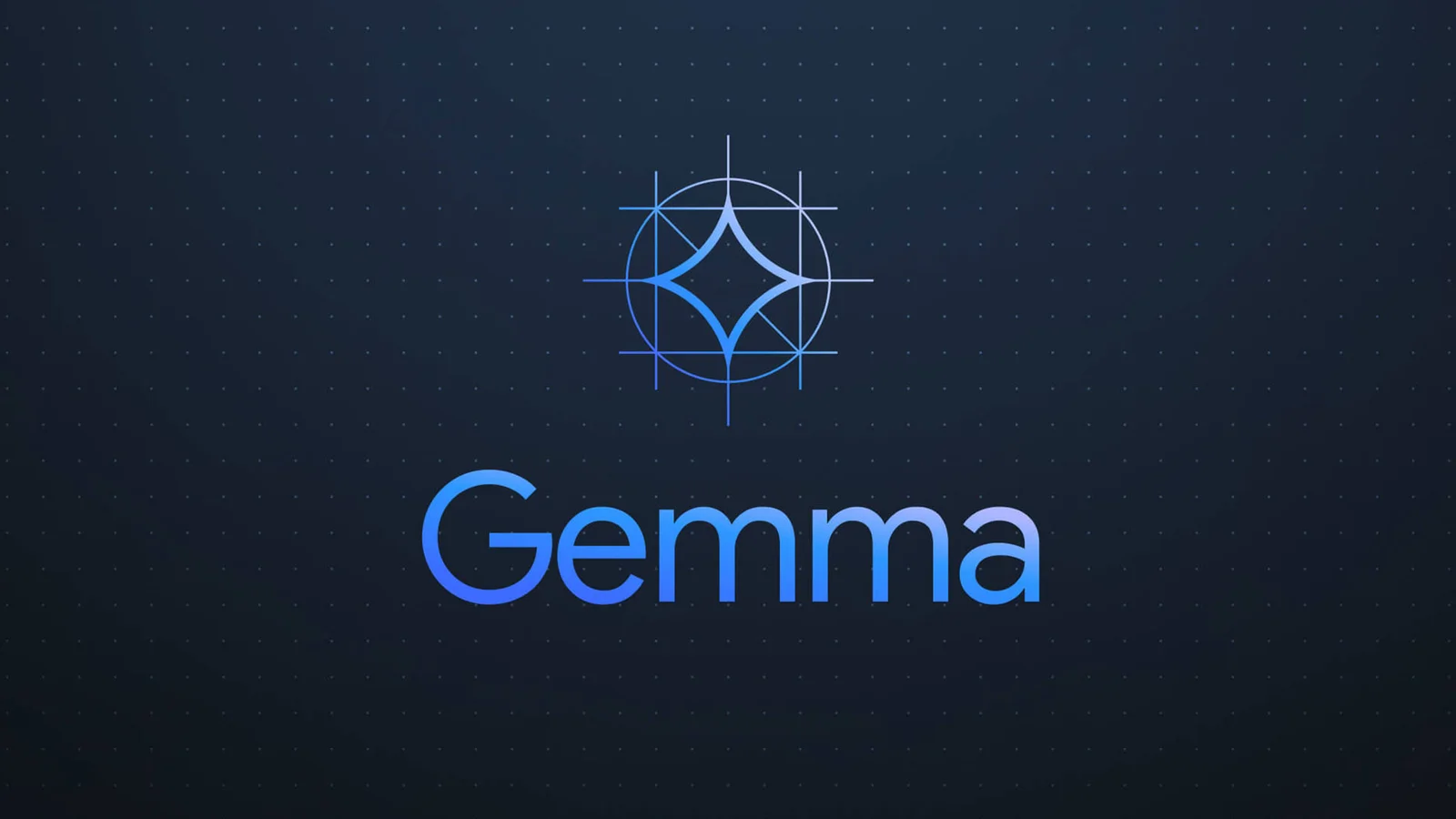In a bid to empower individuals and businesses in building their own AI software, Google has unveiled a new family of artificial intelligence models named Gemma. This move comes in the wake of Meta Platforms’ similar initiative, as both tech giants strive to promote the adoption of their respective cloud services.
With the introduction of Gemma, Google aims to provide developers with the tools they need to harness the power of AI and create innovative solutions. By offering these models, Google aims to facilitate the development of AI applications across various industries.
While Google is encouraging the use of its cloud services by offering $300 in credits to first-time cloud customers who utilize Gemma, it is important to note that Gemma is not fully open source. Google has chosen to retain some control over the use and ownership of these models.
By maintaining a level of control, Google seeks to ensure that the use of Gemma aligns with their guidelines and policies. This approach allows Google to protect the integrity and reputation of their AI models while still providing developers with the necessary resources to build AI software.
Google’s decision to offer Gemma as a controlled resource is not uncommon in the tech industry. Many companies choose to strike a balance between openness and control to safeguard their intellectual property and maintain quality standards.
Despite not being fully open source, Gemma presents an exciting opportunity for developers and businesses alike. By leveraging Gemma, developers can tap into the vast potential of AI and create applications that enhance productivity, efficiency, and innovation.
Moreover, Gemma’s release aligns with Google’s broader vision of democratizing AI. By making AI models more accessible, Google aims to foster a collaborative environment where developers can explore and experiment with AI technologies.
While the use of Gemma is not without restrictions, Google’s commitment to providing $300 in credits to first-time cloud customers serves as an incentive for individuals and businesses to explore the possibilities of Gemma and Google’s cloud services.
Furthermore, the controlled nature of Gemma allows Google to ensure that the models are used responsibly and ethically. This approach helps mitigate potential risks and misuse of AI technology.
As Gemma becomes more widely adopted, it is likely that Google will continue to refine and expand its capabilities. This iterative approach to AI development ensures that Gemma remains at the forefront of technological advancements and addresses the evolving needs of developers and businesses.
In conclusion, Google’s launch of Gemma represents a significant step towards democratizing AI and empowering developers to create their own AI software. While not fully open source, Gemma provides developers with the necessary tools and resources to harness the power of AI and build innovative applications. By offering $300 in credits to first-time cloud customers, Google aims to encourage the adoption of Gemma and their cloud services. As Gemma evolves, it is poised to play a pivotal role in shaping the future of AI development.



































